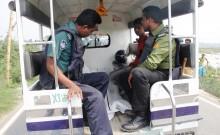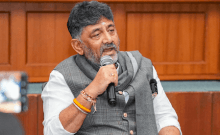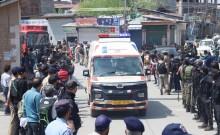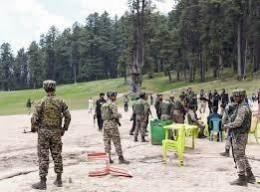
Two months have passed since the horrific terror attack in the Baisaran Valley of Pahalgam, in South Kashmir's Anantnag district, which claimed the lives of 26 innocent civilians, most of them tourists.
On April 22, one of the most heinous terror attacks in recent memory killed 26 unarmed civilians and left 17 others injured. The victims, primarily tourists, hailed from 11 different Indian states as well as from Nepal.
The attack occurred around 2:30 PM, when a group of terrorists dressed in combat uniforms opened fire on tourists in the upper reaches of Baisaran—a popular trekking and picnic destination in South Kashmir.
All but one of the victims were non-locals who had come to the Valley as part of a larger group. The terrorists, acting on the instructions of their handlers across the border, aimed to create communal discord by selectively targeting people based on their religion. By asking about the victims' faith before killing them, they revealed their intent to incite division across the country.
However, the citizens of India responded with remarkable unity, reaffirming their faith in the secular fabric of the nation. Rather than falling into the trap of hatred, people across communities strengthened bonds of brotherhood and harmony.
While the nation stood united against the terror plot, the local tourism industry remains deeply affected. Business has not yet returned to normal, as tourists continue to avoid remote destinations. Except for Srinagar city, tourist numbers in other regions are significantly lower compared to the previous year, despite an aggressive promotional campaign by travel agents nationwide.
Not only in Kashmir Valley, but tourist footfall also witnessed a sharp decline in Jammu province.
In the aftermath of the attack, religious identity was tragically weaponized—used as a marker to separate, to single out, and to justify unspeakable violence. The perpetrators fled, leaving behind a trail of grief and a scar not only on Kashmir but on the conscience of the entire nation. In doing so, they stained the very faith they claimed to represent.
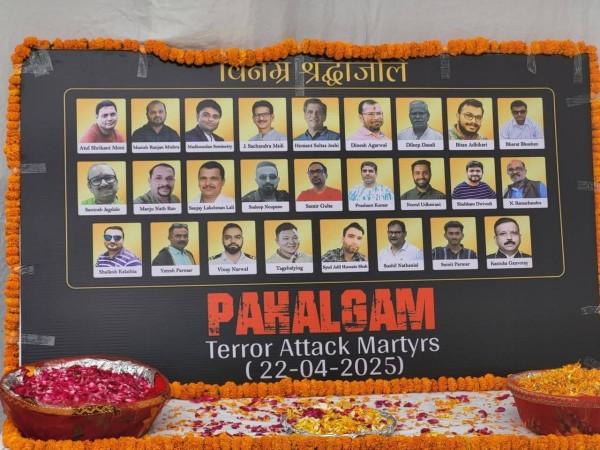
There is no bravery in killing innocents. No ideology or organization has the right to rewrite the rules of humanity or override the moral fabric of society. The attackers stood in stark opposition to both ethical reason and divine command.
Religious scriptures across all faiths clearly state: "Whoever kills a person... it is as if he has killed all of humanity." This principle lies at the heart of Islamic ethics and universal human values.
Ordinary Kashmiris responded with courage, compassion, and solidarity. Locals protected tourists, offered shelter, provided free medical aid and food, and organized peaceful protests to mourn the victims and demand justice. Their actions embodied the true essence of Islam—protecting the innocent, standing up for the oppressed, and reaffirming the sanctity of every human life.
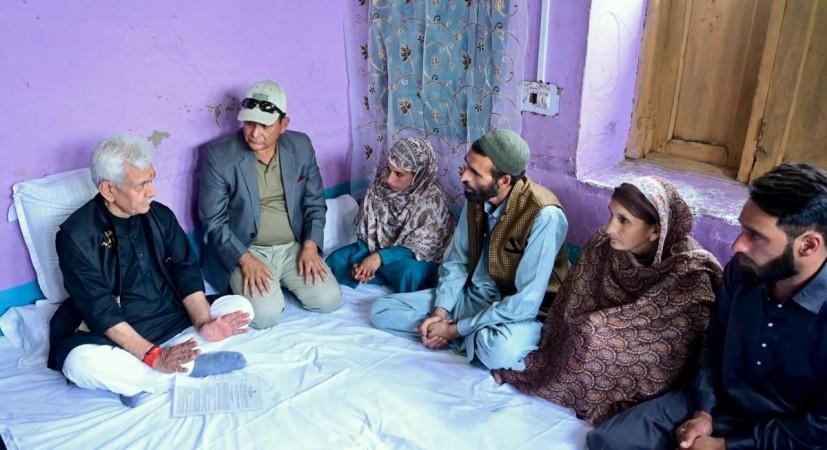
The response from Indian Muslims was swift and unequivocal. Across the country, scholars, clerics, and leading organizations—including Jamiat Ulema-e-Hind, the All India Muslim Personal Law Board, and Darul Uloom Deoband—condemned the attack as un-Islamic. They reminded the nation that terrorism violates not only Islamic teachings but also the moral compass of India's secular democracy.
"To save one life is to save all of humanity." The terrorists in Pahalgam violated this sacred principle when they reportedly used religious identity to target non-Muslims—a grotesque and unforgivable distortion of Islamic ethics.
Kashmiri Muslim civilians became a symbol of hope. Adil Shah, a ponywala, sacrificed his life shielding pilgrims from terrorist gunfire.
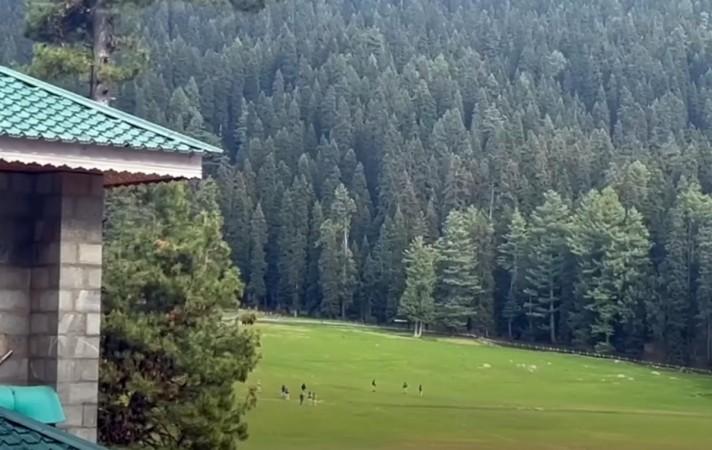
In Srinagar, Anantnag, and Baramulla, thousands marched peacefully, carrying placards and raising slogans against terrorism and its masterminds across the border. These were not just slogans—they were affirmations that the soul of Kashmir would not surrender to hatred.
Muslim organizations joined hands with citizens across India. In Lucknow, they organized blood donation drives. In Mumbai, interfaith vigils brought together Hindus, Christians, Sikhs, and Muslims in collective mourning. These spontaneous acts of solidarity reclaimed Islam from those who distort it and reaffirmed the deep moral ties that bind Indian society.
The Pahalgam massacre was not just a test of faith—it was a test of India's pluralism. The attackers sought to incite fear, divide communities, and provoke retaliation. But instead, what emerged was a tapestry of resilience, compassion, and moral clarity.
Kashmiri Muslims and broader civil society stood not only for the victims but also for the soul of their country and their faith. India's strength lies in its diversity, its secular constitution, its traditions of coexistence, and the everyday courage of its people.






